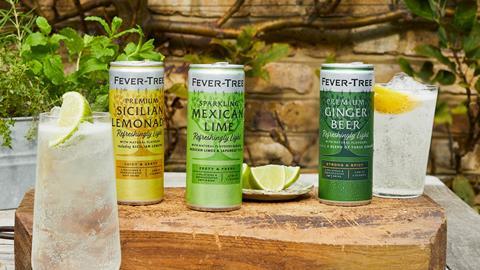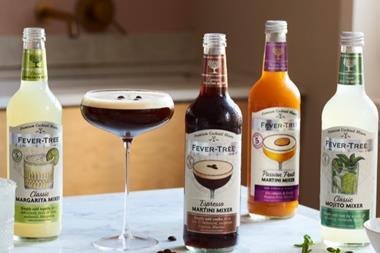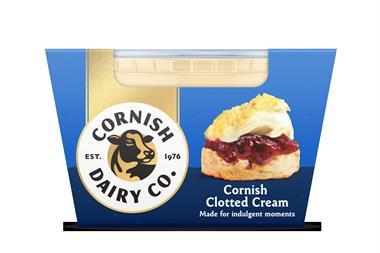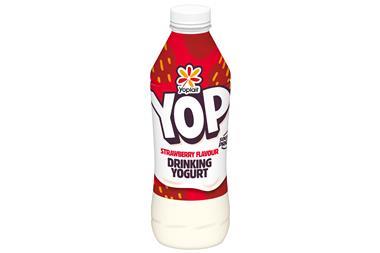No, Fever-Tree has not endorsed Donald Trump to be the next US president. Nor did the brand sponsor the Republican Party’s recent national convention (RNC) in Milwaukee. Yet a quick scan of social platform X last week might have led you to believe otherwise.
“Well @FeverTreeMixers, your brand is now dead to me. Not a mix I wish to mix with,” wrote one aggrieved X user.
“If you’re one of those people who like to make sure their money doesn’t end up supporting fascists. You might want to think twice about buying Fever Tree tonic water who have given money to Trump’s campaign,” added another.
A third simply said: “If ¾ of the glass is the mixer, why choose a racist mixer?”
Fever-Tree’s crime? The brand delivered some free drinks to venues that already stock its mixers and tonics. Some of these venues happened to be hosting events organised by the Milwaukee Host Committee – a bipartisan group responsible for ensuring the RNC ran without hiccough.
As a result, Fever-Tree’s logo appeared on the Milwaukee Host Committee’s website, listed as a partner.
Brands facing social media backlash
The situation to have befallen Fever-Tree is another example of the challenges fmcg brands face in the age of moral outrage. One misstep or misunderstanding and you could end up cancelled.
In the wake of Russia’s reprehensible invasion of Ukraine, public pressure on fmcg giants like Heineken, Unilever and Pernod Ricard to cut ties with Russia was very loud and effective.
But sometimes brands unwittingly find themselves in the middle of social media storms that have blown their action (or inaction) out of proportion.
Trial by social media followed Bud Light’s decision to partner with US social media personality and transgender woman Dylan Mulvaney in 2022. This seemingly innocuous piece of influencer marketing sparked a culture war that tanked Bud Light’s sales by 27% as conservative politicians, celebrities and anti-trans activists lined up to take a swipe at owner AB InBev for “going woke”.
Such episodes can leave brands scrambling to defend their reputation, petrified of boycotts and backlashes.
A swirling tornado of vitriol
And glancing at Fever-Tree’s X feed on Thursday (18 July), it was impossible not to feel sorry for the human behind it. Faced with a swirling tornado of vitriol, they could only trot out variations of the agreed company corporate line in response.
“We are named as a partner of the Milwaukee Host Committee, who are a non partisan organisation. We supply many of the venues hosting events during the convention and are providing support and product to them where needed.”
Social media has – on the whole – been a tremendously positive tool for fmcg. It has enabled challenger brands to grow their tribe and reach new audiences without having the large marketing budgets of incumbents. By bringing brands closer to their customers, platforms like X, Instagram and TikTok also provide an invaluable feedback loop.
The flipside is it gives a platform to anyone with an opinion, and criticism can quickly snowball out of all perspective. In 240 characters, there’s little room for nuance, and fake news can spread unchecked like wildfire.
This toxic cancel culture has prompted some brands to exit X entirely. For them, other platforms offer more constructive and positive ways to communicate with their customers.
After last week’s events, that view may be shared by Fever-Tree.

























No comments yet